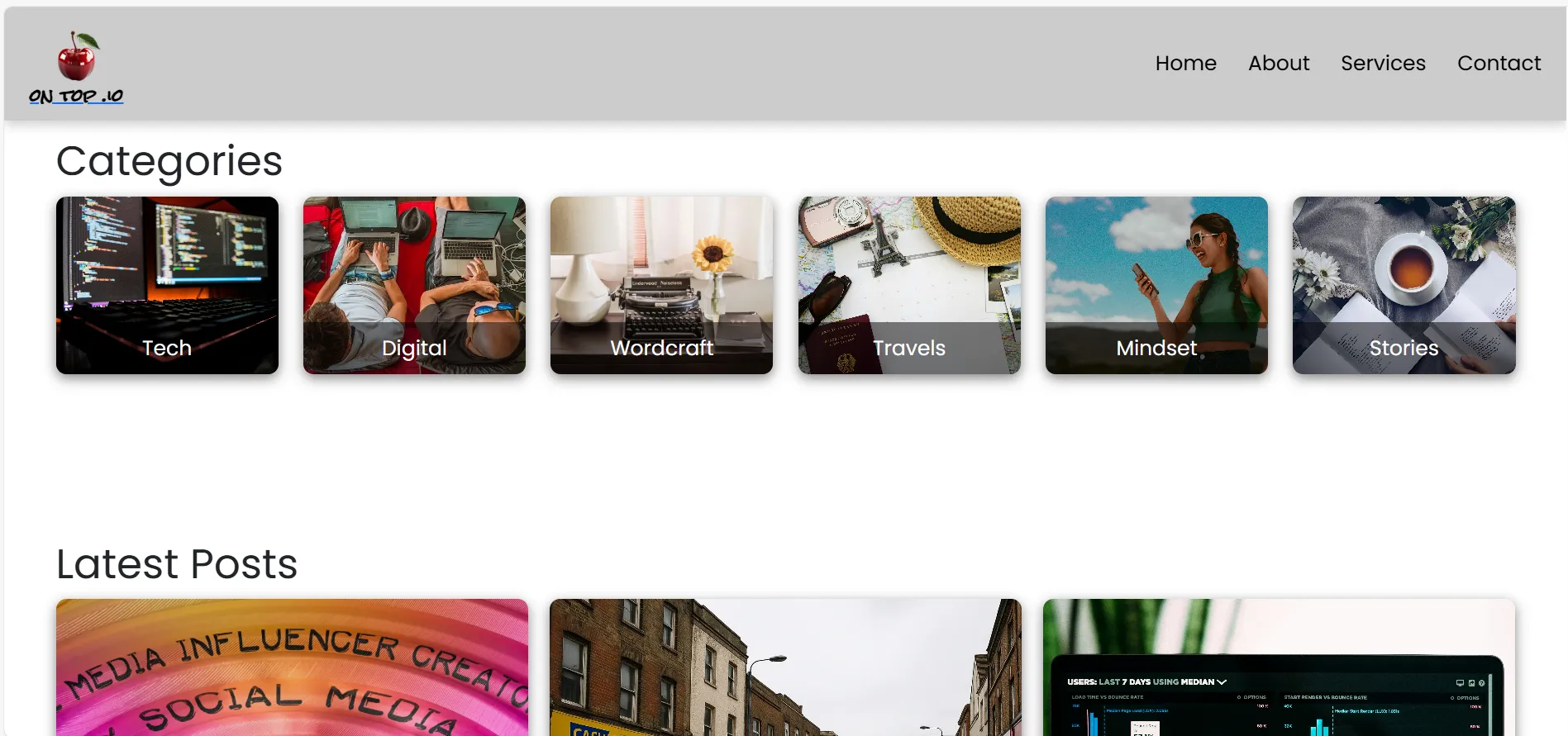When you think about a career in tech, the first things that come to mind are probably coding skills, technical expertise, and a deep understanding of software systems. And yes, hard skills are certainly important. But here’s the thing: they’re not the only skills that matter.
In fact, transferable soft skills — such as communication, active listening, and teamwork — are becoming even more crucial, and they can make all the difference in your success.
If you’re transitioning from a role in hospitality, like being a café assistant, into a career in software development or tech, you may be surprised to learn how valuable the skills you already have really are.
Here’s how you can use the core skills you’ve developed in hospitality to succeed in the tech world.
Communication: Bridging the Gap Between Tech and Non-Tech Stakeholders
In hospitality, you have to communicate clearly and effectively every single day. Whether you’re explaining the menu to a customer, resolving a complaint, or working with your team during a busy rush, communication is key to ensuring everything runs smoothly.As you move into tech, you’ll find that communication remains just as important. In software development, being able to communicate clearly with both technical and non-technical people is essential. You have to explain complex concepts, clarify technical problems, and share updates in a way that everyone can understand.
Whether you’re talking to a project manager, a client, or another developer, your ability to break down technical jargon into simple terms will make a huge impact.
Just like in a café where you adjust your communication style based on the customer or situation, in tech, you’ll need to adjust how you communicate depending on who you’re talking to.
Some people might need more details, while others might just need a high-level overview. Developing this flexibility will make you more effective as a developer.
Active Listening: Understanding the Bigger Picture in Tech Projects
Active listening is a skill you’ve probably already practiced without even realizing it. In a café, when customers give feedback or make special requests, you have to listen carefully to make sure you understand their needs.
Active listening allows you to identify what’s really important, whether the customer is directly expressing it or not.
In the tech world, the same principle applies. Whether you’re in a meeting with stakeholders, discussing requirements with a product manager, or collaborating with a fellow developer, you need to listen not just to what’s being said, but to what’s being implied. Listening actively helps you understand the bigger picture, ensuring that you’re working toward the right goals and addressing the most important issues.
In fact, in software development, many problems can be solved just by listening closely. You need to understand not only the specific technical problem but also the underlying needs and motivations of the people involved — be it users, clients, or team members.
Active listening also plays a role in code reviews and feedback sessions, where understanding what others are pointing out helps you improve your work.
Teamwork: Collaborating Effectively in Tech
Working in hospitality is all about teamwork. From coordinating orders with the kitchen to working together to handle a busy shift, you know how to collaborate with your team to keep everything running smoothly.
In tech, teamwork is just as vital. Software development is rarely done solo — whether you’re building a product, working on a coding project, or troubleshooting an issue, you’ll need to work with a variety of people.
Just like in a café, you’ll have to communicate with different teams — designers, product managers, quality assurance testers — and coordinate tasks to make sure everything aligns.
Having the ability to work well in a team means that you’re able to handle different perspectives, resolve conflicts, and adapt quickly when things change.
If you’ve learned how to be flexible and collaborate in a fast-paced hospitality environment, you already have a great foundation for teamwork in tech.
Problem-Solving: Adapting and Thinking Quickly
In a café, things don’t always go as planned. Orders can get mixed up, customers can be upset, or equipment might break down unexpectedly. You’ve probably become quite good at thinking quickly and adapting to the situation, whether it’s finding a solution to a problem or helping your team get back on track.
In software development, problem-solving is at the heart of the work. From fixing bugs in code to developing new features, every day is about solving problems.
Whether you’re debugging a program or trying to come up with the best approach to meet user needs, your ability to stay calm under pressure and think critically will serve you well.
Just like handling a busy café shift, you’ll be required to adapt to challenges that arise in the tech world. Deadlines might change, new requirements might emerge, or you may encounter unforeseen technical issues.
Being able to problem-solve effectively and work through these obstacles will make you a valuable asset to any tech team.
How These Skills Will Help You in a Tech Career
As you transition from hospitality to tech, you may have spent a lot of time learning the technical skills required for software development. But don’t underestimate the power of the soft skills you’ve developed in your café job.
Communication, active listening, teamwork, and problem-solving aren’t just “nice to have” — they’re essential for success in any workplace, and especially in tech.
In the world of software development, you’ll need to communicate effectively with both technical and non-technical teams, listen actively to user feedback and requirements, collaborate closely with your team, and solve complex problems.
These transferable skills will allow you to excel in a tech role, even if you’re still building your coding expertise.
By recognizing the value of these skills and applying them in your new tech career, you’ll be able to navigate challenges, build strong relationships, and contribute meaningfully to your team and projects.
While technical knowledge will help you land a job, it’s these soft skills that will help you thrive and grow in the ever-evolving tech landscape.
In the end, the ability to communicate, listen, collaborate, and problem-solve will be just as important — if not more so — than the hard skills you acquire.
And if you can harness these transferable skills, you’ll be well on your way to success in any tech career you pursue.




